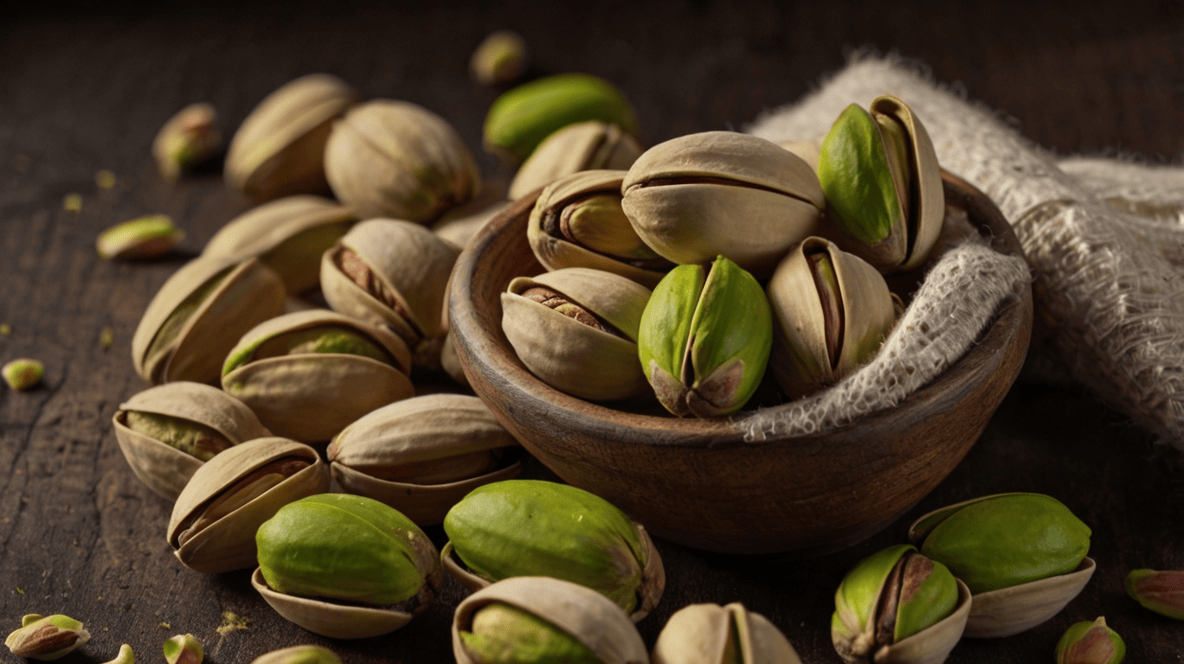Table of Contents
As a cat owner, you’re likely well aware of how curious your feline friend can be. They sniff, nibble, and investigate just about everything in their environment. However, not all things are safe for your cat’s sensitive system—lemons being one of them. If you’re wondering, “Can cats eat lemon?” the short answer is no, and here’s why.
Why Are Lemons Dangerous for Cats?
Lemons, and citrus fruits in general, contain compounds that are toxic to cats. The primary culprits are essential oils and psoralens found in the fruit, peel, and leaves of the lemon tree. These substances can cause a variety of health issues for your cat, ranging from mild stomach discomfort to more serious reactions.
- Essential oils: Lemons are rich in essential oils like limonene and linalool, which are not safe for cats. Cats lack the liver enzymes necessary to break down these oils, which can lead to poisoning.
- Psoralens: These compounds can cause skin irritation and, in larger quantities, can make your cat more sensitive to sunlight, potentially leading to sunburn or even more severe skin reactions.
Symptoms of Lemon Poisoning in Cats
If your cat somehow gets into a lemon—whether by chewing on a lemon slice, licking lemon juice, or getting into a lemon-scented product—you should watch closely for signs of toxicity. Symptoms of lemon poisoning in cats can include:
- Vomiting and diarrhea
- Drooling or excessive salivation
- Lethargy and weakness
- Tremors or muscle twitching
- Low blood pressure or dizziness
- Skin irritation (if they’ve been exposed to the peel or leaves)
If you notice any of these symptoms, contact your vet immediately. Time is crucial when dealing with toxic reactions.
What to Do If Your Cat Ingests Lemon
Accidents happen, even when we’re cautious. If you suspect your cat has consumed lemon, follow these steps:
- Don’t induce vomiting unless advised by your vet. In some cases, inducing vomiting can worsen the situation, especially if your cat is having trouble breathing or is weak.
- Call your veterinarian right away. If it’s after hours, reach out to an emergency animal clinic. They will give you specific advice based on your cat’s size, health, and the amount of lemon ingested.
- Monitor your cat closely. Even if the vet suggests waiting it out, keep a close eye on your cat for any worsening symptoms.
Are There Any Safe Alternatives?
If you’re looking for a safe treat for your feline, stick to things designed for their dietary needs. Some fruits, like blueberries, apples (without seeds), and watermelon (seedless), can be safe in small amounts. Always research or consult with your vet before introducing new foods into your cat’s diet.
Tips to Keep Your Cat Safe From Lemons
- Keep lemons and citrus fruits out of reach. Store them in places where your cat can’t access them.
- Avoid using lemon-scented cleaning products or essential oils around the house. Even inhaling or getting these products on their fur can cause harm.
- Use cat-safe plants and air fresheners. Some plants and scents are non-toxic and still effective in freshening up your home.
Conclusion: Keep Lemons Away From Cats
While lemons may be a refreshing treat for humans, they pose serious health risks to cats. Even a small amount of lemon or exposure to lemon-based products can cause toxicity. As a responsible cat owner, it’s crucial to ensure your furry friend stays safe by keeping all citrus fruits and related products out of their reach. Stick to a diet that’s tailored to their needs, and if in doubt, consult your vet before offering any new foods.
FAQs: Can Cats Eat Lemon?
1. Can a small amount of lemon hurt my cat?
Yes, even a small amount of lemon can be harmful to your cat. The essential oils and psoralens in lemons are toxic to felines and can cause symptoms like vomiting, drooling, and lethargy. If your cat ingests any lemon, contact your vet immediately.
2. What should I do if my cat licked lemon juice?
If your cat has licked lemon juice, observe them closely for signs of distress, such as drooling, vomiting, or lethargy. Call your veterinarian for guidance, and avoid inducing vomiting unless explicitly instructed by the vet.
3. Are lemon-scented cleaning products safe for cats?
No, lemon-scented cleaning products are not safe for cats. The essential oils in these products can irritate their skin and respiratory system. Ingesting or coming into contact with these products can cause toxicity.
4. Can I use lemon to repel my cat from certain areas?
While lemons are known to deter cats due to their strong scent, using lemon as a repellent is not recommended. The oils in lemons are toxic to cats, and accidental ingestion or contact could lead to health issues.
5. What fruits are safe for cats to eat?
Some fruits, like blueberries, seedless watermelon, and apple slices (without seeds), are generally safe for cats in small amounts. Always research or consult with your vet before introducing new foods to your cat’s diet.



